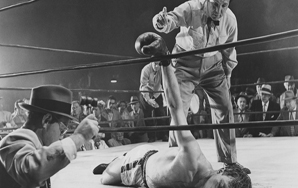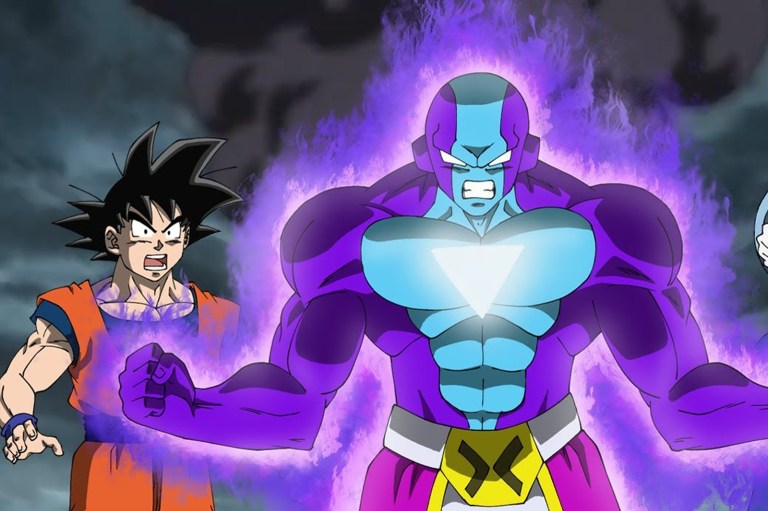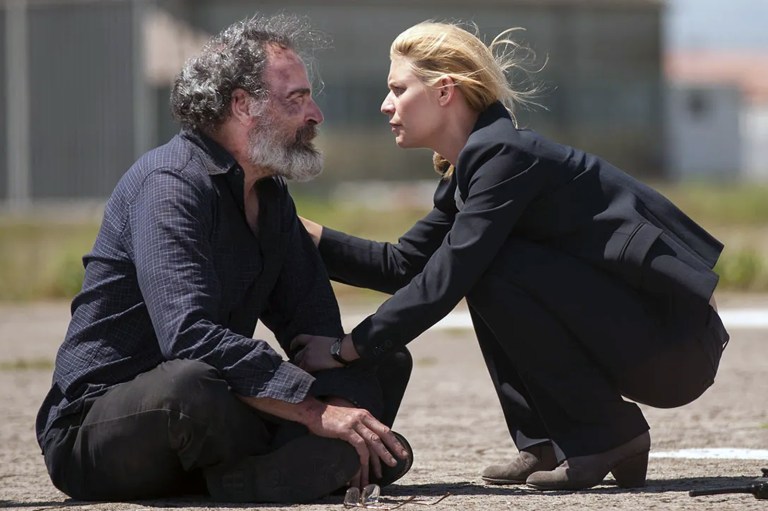
What It Feels Like To Be Cheated On
The searching is perhaps the worst part, the breathless moments before the floor falls out from underneath you.

Have you ever balled up your fists so tight for so long that your knuckles got all white, your nails started digging into your palms, and you were afraid you might be drawing blood? When letting your hands slowly open up feels almost unnatural after having them so tightly wound for so long? It kind of feels like that. It’s a pain which is at once deeply frustrating and oddly self-sustaining. You feed into the anger because it comforts you, in a strange way. Because to stop being angry, to stop clenching your fists, to loosen up for a minute and let go, would mean you have to feel the actual undercurrent of your anger: your pain.
Finding out, of course, is most accurately described as an unexpected punch to the stomach. There are some people who have been taken aside and told with composure and elegance that they have been betrayed in the most profound way they could be. “I made a mistake,” the culprit might say, or, “I found someone else.” Depending on the intensity of the illicit relationship, the confession could range from the deeply apologetic to the coldly indifferent. But for those who find out because they stumbled across the evidence, or found it after frantic hours of terrified searching, the punch is strong enough to force the air entirely out of the lungs.
The searching is perhaps the worst part, the breathless moments before the floor falls out from underneath you. That precarious dangling in the purgatory where you at once want to find something — anything — to justify your gnawing suspicions, and you want to be relieved with a realization that it was all in your head. In many ways, though, once that frantic searching has begun, there is no way to be satisfied that you imagined it all. If you have been driven to the point of checking through messages or looking in pockets or asking potential witnesses, if you have allowed yourself to come to the ugly, unflattering point of invading the privacy of the person you love to prove yourself right, you have already lost.
And you know it. You know you have become what you had always condescendingly looked down upon, the couple who is as untrusting and dysfunctional as they are unable to admit it. But somehow, finding that shred of evidence or hearing the confirmation which proves you right in the worst way possible is almost a triumphant moment of victory. You have won, and you have lost everything. But for at least those few precious milliseconds of “a-ha!” you have gotten exactly what you wanted. And then comes the fall, the bottomless descent into every ugly moment of self-doubt and self-loathing in an attempt to find a justification or explanation which could never exist.
What did you do wrong? What does the other person do better? Do they smell better? Taste better? Have more interesting things to say at parties which don’t involve sarcastic, ill-timed jokes? Suddenly, everything you are is wrong, every aspect of yourself is something you want to peel off and throw on the floor behind you. And the ignorant person you were before, the one blissfully unaware of all that was happening behind a turned back, is suddenly both laughable and enviable. You cringe imagining all of the things that were happening when you weren’t looking, but wish that you could return to a moment where not knowing was a possibility. But that person — the ignorant-yet-blissful person who was only so happy to be unwittingly cheated on — was ultimately not good enough to keep your love.
And that is the real pain, the idea that there was something that was yours to keep which you were unable to hold a tight enough grip on. You delude yourself into believing that there was anything you could have done to prevent it, and yet never stop to understand that it was entirely your partner’s choice. If anyone could have stopped anything, it was your partner. Somehow, placing the blame where it truly belongs when cheated on is about as futile as feeling positively towards the “other.” At the end of the day, there is always something to find fault in within yourself, something which can be identified as the true culprit in the infidelity, instead of the beloved cheater. “If only I were thinner” somehow makes more sense than “if only he wasn’t a cheater.”
As you unclench that fist, let go of all of every minor pain you’ve kept close to your chest so as to not have to see it in its full splendor, you finally exhale. You distance yourself from the betrayal and start to believe — the way a baby bird might open its wings for the first time — that not everyone must be monitored with the distrusting cunning of a fox. You accept that you may not have been able to stop it, or that you certainly didn’t deserve it. And while there will always be a part of you which longs to look twice at the inbox of a cellphone, who can’t believe that someone can be honest for uninterrupted years at a time, it is up to all of us to push those thoughts away. “If they are going to do it,” we must say, “Ruining myself in worry and doubt will not stop them.” ![]()











